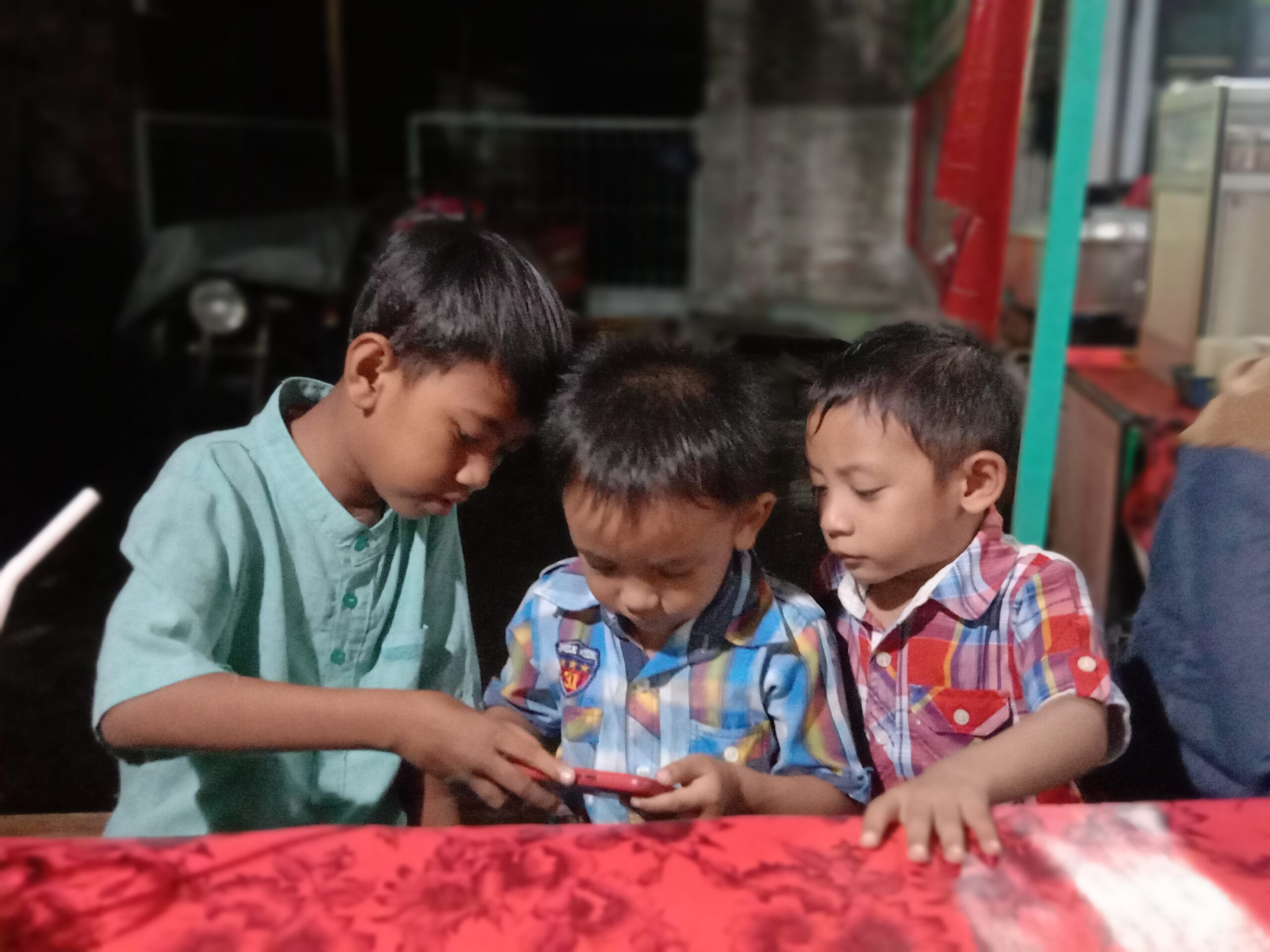Source >>>

Photo copyright: pierregleizes.com
STORY HIGHLIGHTS
Negotiations Chair, Ambassador Santiago Wills of Colombia, said the revised draft text aims to serve as a “genuine reflection of the whole group” and to be conducive to “attracting convergence”.
The Chair identified discussions related to special and differential treatment in the overcapacity and overfishing pillar and subsistence, artisanal and small-scale fisheries as remaining areas of concern that require additional discussion.
The Chair of the World Trade Organization (WTO) fisheries subsidies negotiations, Ambassador Santiago Wills of Colombia, introduced a revised draft text that he said aims to serve as the basis for the July 2021 ministerial-level meeting. Ministers are expected to negotiate a final agreement on 15 July.
On 30 June, Ambassador Wills thanked members for their commitment and flexibility during this final phase of work. He emphasized that members have discussed “almost all of the main provision of the draft text” in the past several weeks. Ambassador Wills said the revised draft text (TN/RL/W/276/Rev.1) aims to serve as a “genuine reflection of the whole group” and to be conducive to “attracting convergence.” He said the revised text should be treated as “being in square brackets; nothing being agreed until everything is.”
The Chair walked members through the revised draft text, noting areas of support and areas where members’ views remain apart. He identified discussions related to special and differential treatment (S&DT) in the overcapacity and overfishing pillar as a key area where further work is needed. He also observed that subsistence, artisanal and small-scale fisheries is an area where many concerns remain. The Chair noted further discussion is needed in several areas, including:
- Article 1.2 (non-specific fuel subsidies);
- Article 3 (disciplines on subsidies to illegal, unreported and unregulated (IUU) fishing);
- Article 3.8 (S&DT), including discussion on a timebound exemption from the prohibition of subsidies for low income, resource-poor, or livelihood fishing within 12 nautical miles;
- Article 5.1.1 (the qualifier of the prohibition on subsidies contributing to overcapacity and overfishing), with some members viewing the qualifier as too strict and others as too lenient;
- Article 5.2 (an additional prohibition on subsides contingent upon, or tied to, fishing outside the subsidizing members’ jurisdiction and an exemption for the non-collection of government-to-government payments under access agreements);
- Article 5.3 (a prohibition on all subsidies to fishing in the high seas); and
- Article 5.5 (S&DT in the overcapacity and overfishing pillar), which the Chair said is the “most commonly identified area of concern for many delegations” and seems to reflect fundamental differences in views on the purpose of S&DT, with some members viewing it as a basis to be definitively shielded from the disciplines for developmental reasons and others seeing it as a means to achieve implementation of the overall sustainability mandate.
The Chair noted that additional discussions will be held over the coming weeks to help members advance discussions on new proposals not included in the text. Recent proposals include one on capping from Brazil, one on forced labor from the US, one on dispute settlement from Chinese Taipei, one on S&DT from the African, Caribbean and Pacific (ACP) Group and the African Group, and additional written proposals from Chinese Taipei, India, and Sri Lanka.
WTO Director-General Ngozi Okonjo-Iweala said the revised text reflects the Chair’s best judgment on “changes that can help members narrow the gap in their positions.” She welcomed the revisions as a “good basis for more detailed work” among members to conclude negotiations. Okonjo-Iweala urged members to push to conclude negotiations and make the progress necessary to move towards a conclusion.
On Article 7 on technical assistance and capacity building, the Director-General said the changes aim to make more explicit the mechanism for technical assistance and capacity building for the implementation of the new disciplines that least developed country (LDC) and developing country members will receive. She said the revised text includes specific language on the establishment of a WTO funding mechanism in cooperation with organizations like the Food and Agriculture Organization of the UN (FAO) and the International Fund for Agricultural Development (IFAD). Okonjo-Iweala said she has listened to the difficulties many LDC and developing county members have had with past capacity-building and technical assistance pledges, and stressed that the proposed mechanism aims to design something different in response to those concerns.
Okonjo-Iweala concluded by expressing her “strong sense of optimism” that members will be able to conclude these negotiations. She reminded members that concluding the negotiations is a charge that global leaders have given to the WTO as part of the SDGs, and said members should bear this duty in mind.
The July ministerial meeting will convene virtually. In advance of the meeting, the Director-General and the negotiations Chair will send ministers questions to help focus discussions. The WTO will provide each minister with an allotted time to make an intervention before the concluding session. The concluding session will focus on the way forward. [WTO Press Release] [Chair’s Explanatory Note] [WTO Director-General’s Statement]

